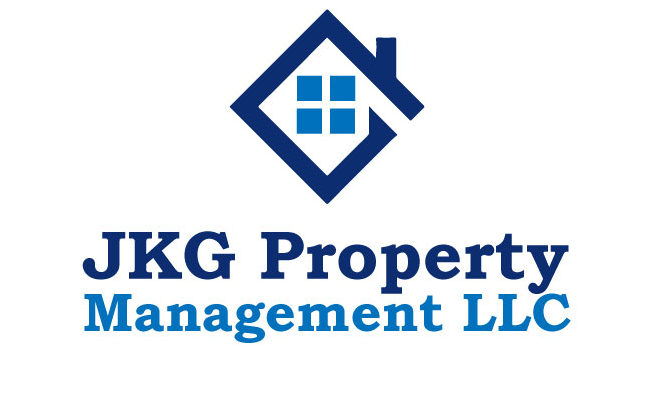Long Term Rentals vs Short Terms Rentals: What are the pros and cons of each?
Investing in real estate can be a smart decision for anyone looking to generate passive income. One of the most important decisions that you'll have to make as a landlord is whether to rent your property as a long-term rental unit or as a short-term rental unit through platforms such as Airbnb or VRBO. Both options have their pros and cons, and it's important to understand these before making a final decision.
Long-Term Rental Pros:
- Steady Income: One of the biggest advantages of long-term rentals is the steady, predictable income stream they provide. With long-term rentals, you can count on a consistent monthly rent payment from your tenants, which can make it easier to plan your finances and budget accordingly.
- Fewer Expenses: Long-term rental units typically have fewer expenses than short-term rentals. You won't have to worry about paying for cleaning fees, advertising costs, and other expenses that come with short-term rentals.
- Less Maintenance: With long-term rentals, you typically have fewer people coming in and out of the property, which can mean less wear and tear on the unit. This can save you money on maintenance costs and repairs.
Long-Term Rental Cons:
- Limited Income Potential: While long-term rentals provide steady income, they don't offer the same income potential as short-term rentals. You may not be able to charge as much rent as you would with a short-term rental, which can limit your overall earnings.
- Lack of Flexibility: With long-term rentals, you're committed to a lease agreement for a set period of time, typically one year. This means you won't have the flexibility to adjust your rental rates or switch tenants as easily as you would with short-term rentals.
- Risk of Bad Tenants: With long-term rentals, there's always the risk of getting stuck with bad tenants who don't pay their rent on time or cause damage to the property. Evicting a tenant can be a lengthy and costly process, which can eat into your profits.
Short-Term Rental Pros:
- Higher Income Potential: One of the biggest advantages of short-term rentals is the potential for higher income. You can charge a premium price for your property on platforms like Airbnb or VRBO, especially if your property is in a popular tourist destination.
- Flexibility: With short-term rentals, you have the flexibility to adjust your rental rates and switch tenants more easily than you would with long-term rentals. This can help you maximize your profits and avoid bad tenants.
- Lower Risk of Damage: With short-term rentals, you'll have fewer people staying in the property for longer periods of time, which can mean less wear and tear on the unit. This can help you save money on maintenance costs and repairs.
Short-Term Rental Cons:
- Higher Expenses: Short-term rentals come with higher expenses than long-term rentals. You'll have to pay for cleaning fees, advertising costs, and other expenses that can eat into your profits.
- Lack of Predictability: With short-term rentals, you won't have a consistent monthly income stream like you would with long-term rentals. Your income can fluctuate depending on how many bookings you receive.
- More Time-Consuming: Short-term rentals require more time and effort to manage than long-term rentals. You'll need to be available to handle guest inquiries, manage bookings, and coordinate cleaning and maintenance.
In conclusion, both long-term rentals and short-term rentals have their pros and cons. Long-term rentals provide steady income and require less maintenance, but offer limited income potential and lack flexibility. Short-term rentals offer higher income potential and flexibility, but come with higher expenses and require more time and effort to manage. Ultimately, the decision will depend on your personal financial goals, your investment strategy, and your lifestyle
